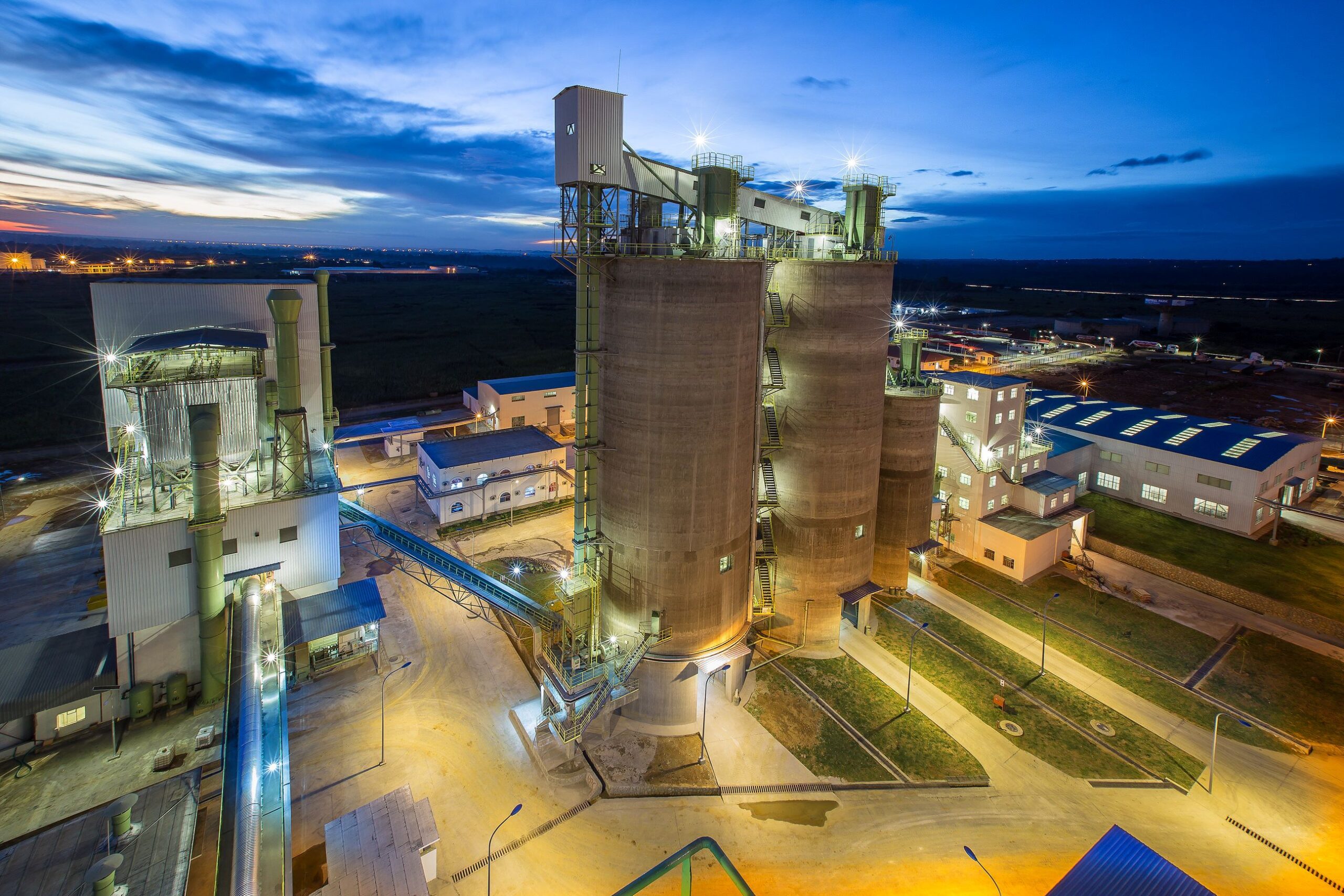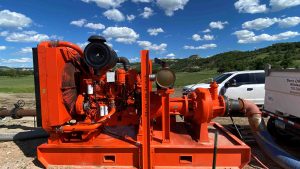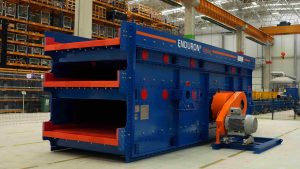Cement & Concrete SA (CCSA), the consolidated body taking the lead on all matters relating to cement and concrete in South Africa and its members recognise that achieving the nationally determined commitments (NDC) in terms of the country climate change response would require both political will and investments supported by enabling government policies.
Furthermore, it is evident that the SD goals are all interrelated and hence will depend on a multidisciplinary approach. In terms of major country challenges, South Africa is a water scarce country, coal-based energy reliant, high unemployment rates and lagging behind waste management practices with regards to implementing the hierarchy of waste principles. However, everything from reducing the clinker factor, use of supplementary cementitious materials, to use of industrial wastes as fuels have been implemented by CCSA members to date in various degrees.
Both government and industry have recognised that policy certainty and regulatory / financial support is required to ensure economic growth, job creation and decarbonisation outcomes to further the objectives of a just transition towards a greener economy.
Enhancing a just transition to a greener economy by increasing the utilisation of AFRs in the cement sector, the presentation to be held by CCSA Industry Development executive Dr Dhiraj Rama at the upcoming CarbonZero Global Conference and Exhibition (Lyon, France, October 26-27) will outline some of the developments with regards to policy and law reform related to waste management to enable the cement sector to improve its uptake on alternate fuels and resources in the context of the circular economy.
Dr Rama is active in championing sustainable development in the cement sector and plays a key role in informing climate change as well as environment policies and legislations related to the cement sector. He is a PhD graduate in Biochemistry from Wits University, Johannesburg.
“South Africa’s NDC submitted to UNFCCC includes ambitious GHG mitigation targets for the country in line with the 1,5 degrees scenario. The cement sector’s response to the country’s commitments is important to achieve the trajectory included in the NDC. The use of alternate fuels and resources is a key mitigation action identified by the sector. The country has further embraced the just transition principle underlying the decarbonisation journey. Thus, the use of AFRs and alignment to the national waste management strategy is key to success. The event provides an important platform to engage on matters related to policy, technology options, as well opportunities to access financial resources and technical support,” says Dr Rama.
“It is crucial that in our efforts we keep in mind this is a global matter, committing to NetZero is abundantly urgent to be able to tackle climate change. Having voices heard from all around the world makes CarbonZero unique and special, we get to hear solutions and case studies from professionals from over 27 countries and that is closest we will ever be to a congruent, unified approach,“ says Mariana Gheorghe, Marketing and Programme manager, Industry link.






